
Tag: Communist Party of the Soviet Union
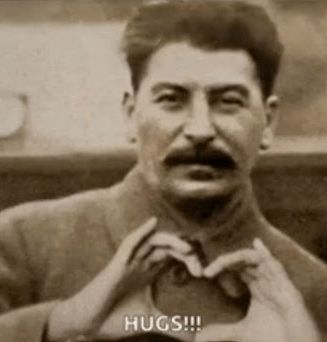
“Legalizing” the Formation of the State of Israel by the United Nations Partition & the USSR Recognition – 1947
I love reading Pamphlets’ Twitter timeline for the laughs, but I love proving him wrong even more. Don’t slander Daddy Stalin! 🤭
Lenin: The Liberals’ Corruption of the Workers
ON THE PEOPLE’S DEMOCRATIC DICTATORSHIP
ON THE PEOPLE’S DEMOCRATIC DICTATORSHIP
In 1924 a famous manifesto was adopted at the Kuomintang’s First National Congress, which Sun Yat-sen himself led and in which Communists participated. The manifesto stated:
The so-called democratic system in modern states is usually monopolized by the bourgeoisie and has become simply an instrument for oppressing the common people. On the other hand, the Kuomintang’s Principle of Democracy means a democratic system shared by all the common people and not privately owned by the few.
U.S. Imperialism Can Definitely Be Defeated
Sean Gervasi, 1992 lecture: The US Strategy to Dismantle the USSR
Sean Gervasi, 1992 lecture: The US Strategy to Dismantle the USSR
Related RAND Corporation documents:
Economic factors affecting Soviet foreign and defense policy: a summary outline
The Costs of the Soviet Empire
Sitting on bayonets : the Soviet defense burden and the slowdown of Soviet defense spending
Philippines: US moving to protect their Puppet BBM, says China is trying to destabilize him thru Duterte + China Challenged
US moving to protect their Puppet BBM, says China is trying to destabilize him thru Duterte
The comparison between Zelensky and BBM is very appropriate, not only are they suspected to be both Cocaine Addicts, but they are also now Puppets of the US who are willing to sacrifice their Country in War for the sake of serving the Interests of the US.
I am currently in the process of proofreading my paper and making necessary corrections. I hope to have it completed by Monday. If and when it gets updated, I’ll upload it here with my other documents.
Related:
Political biography of Alexandra Kollontai (Ep. 4): October Revolution and Social-Welfare
In this episode I’ll be discussing Kollontai’s career throughout the February and October revolutions, and briefly her work as a commissar for social welfare.
Political biography of Alexandra Kollontai (Ep. 4): October Revolution and Social-Welfare
The Maidan Massacre, Censorship & Ukraine: Interview with Ivan Katchanovski

By Natylie Baldwin, Consortium News, 10/20/23
Canadian-Ukrainian professor Ivan Katchanovski’s investigation of the Maidan massacre in Kiev in February 2014 found an organized mass killing of both protesters and the police, with the goal of delegitimizing the Yanukovych government and its forces and seizing power in Ukraine, as he wrote for Consortium News in an in-depth article in 2019. (On Wednesday three policemenwere sentenced for the massacre, one was acquitted and one was released for time served. The official investigation ignored Katchanovski’s academic research.)
The Maidan Massacre, Censorship & Ukraine: My Interview with Ivan Katchanovski
Another Communist leader, Georgi Buiko, arrested in Ukraine
This is the “democracy” and “freedom” that our tax dollars are supporting! 🤬
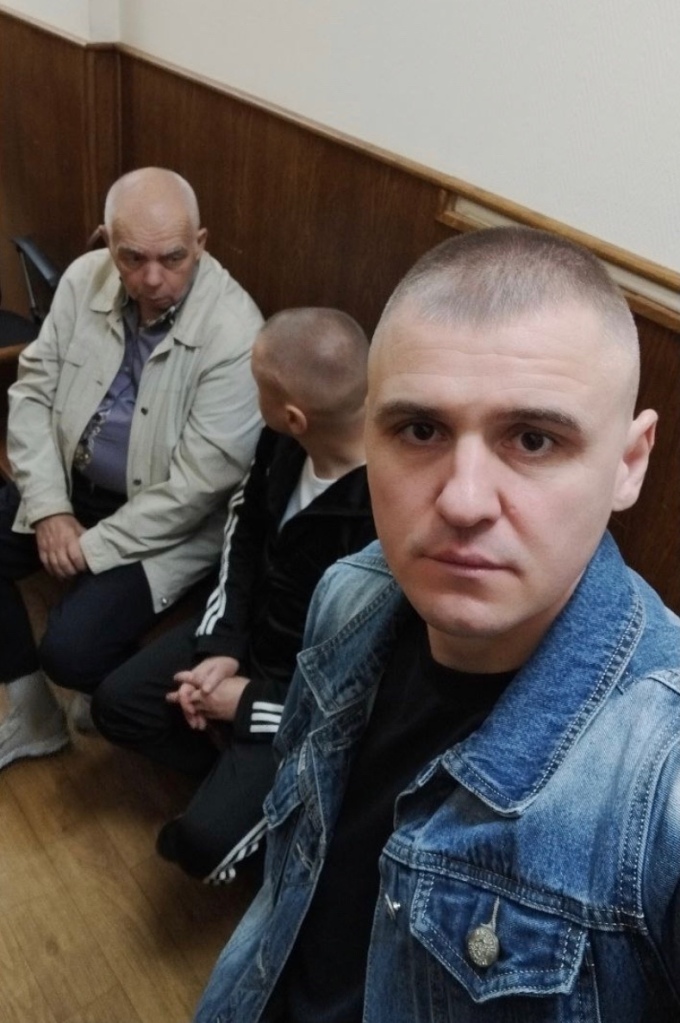
On Aug. 16, Ukraine’s secret police force—the SBU, or Security Service of Ukraine—announced it had arrested Georgi Buiko, a veteran Communist Party member and leader of the Ukrainian Anti-Fascist Committee. Officials accused him of participating in “anti-Ukrainian activities” and of possessing communist and “pro-Kremlin” publications in his home.
Another Communist leader, Georgi Buiko, arrested in Ukraine
Related:
*That story will be depends on us – Mikhail Kononovich:
Read More »
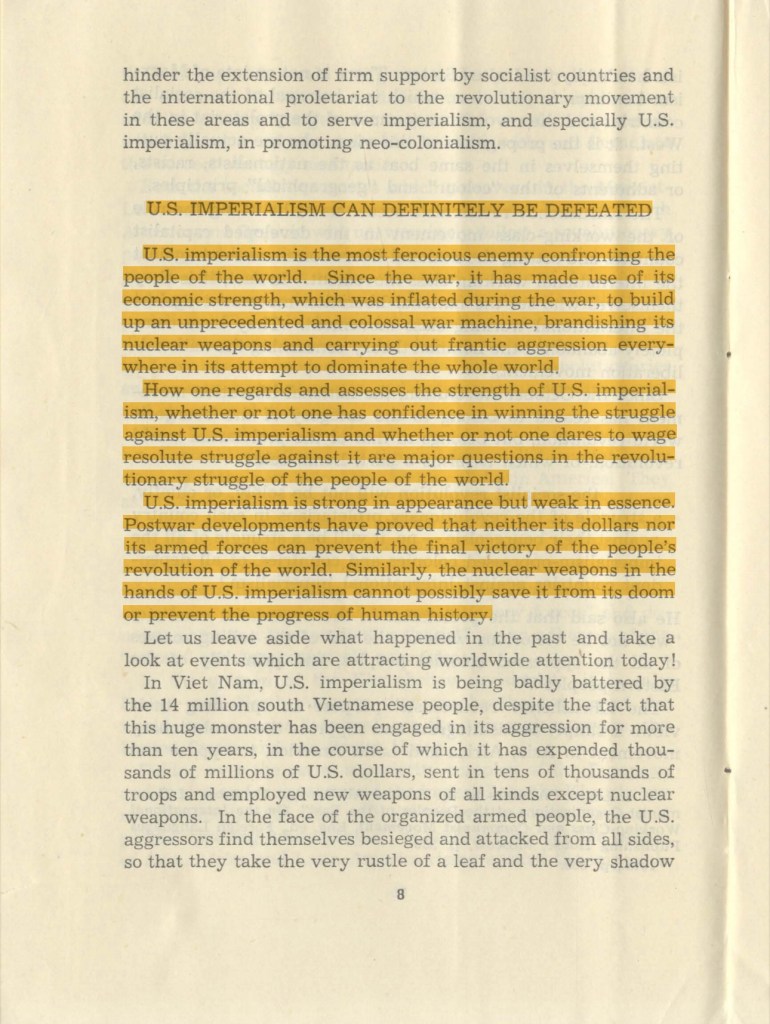

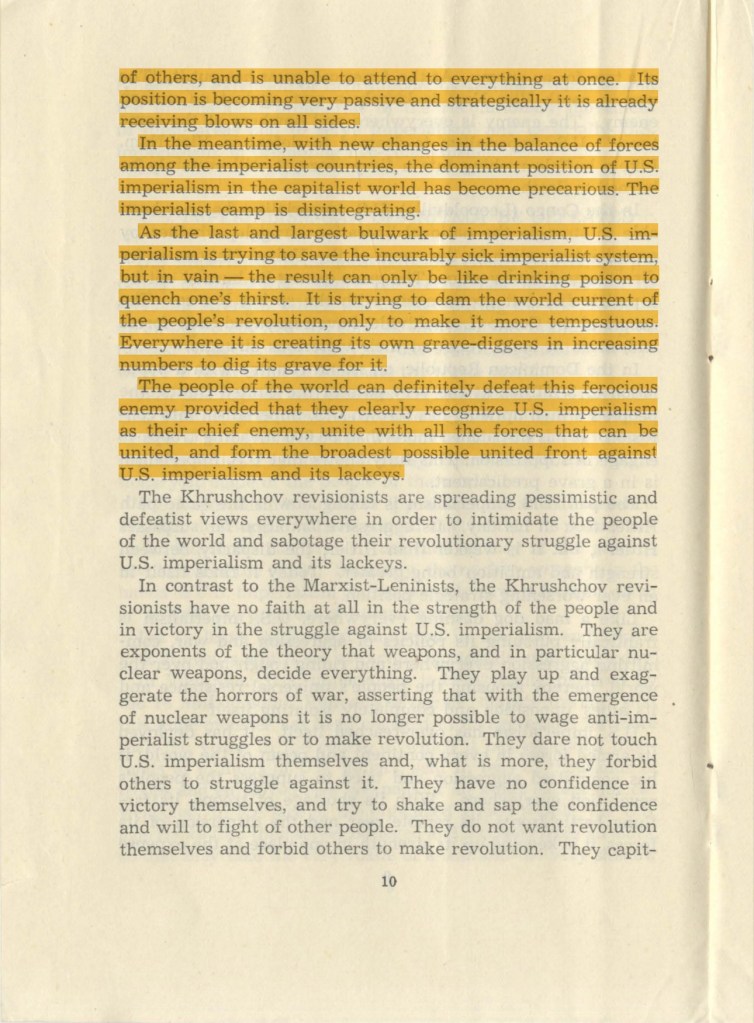

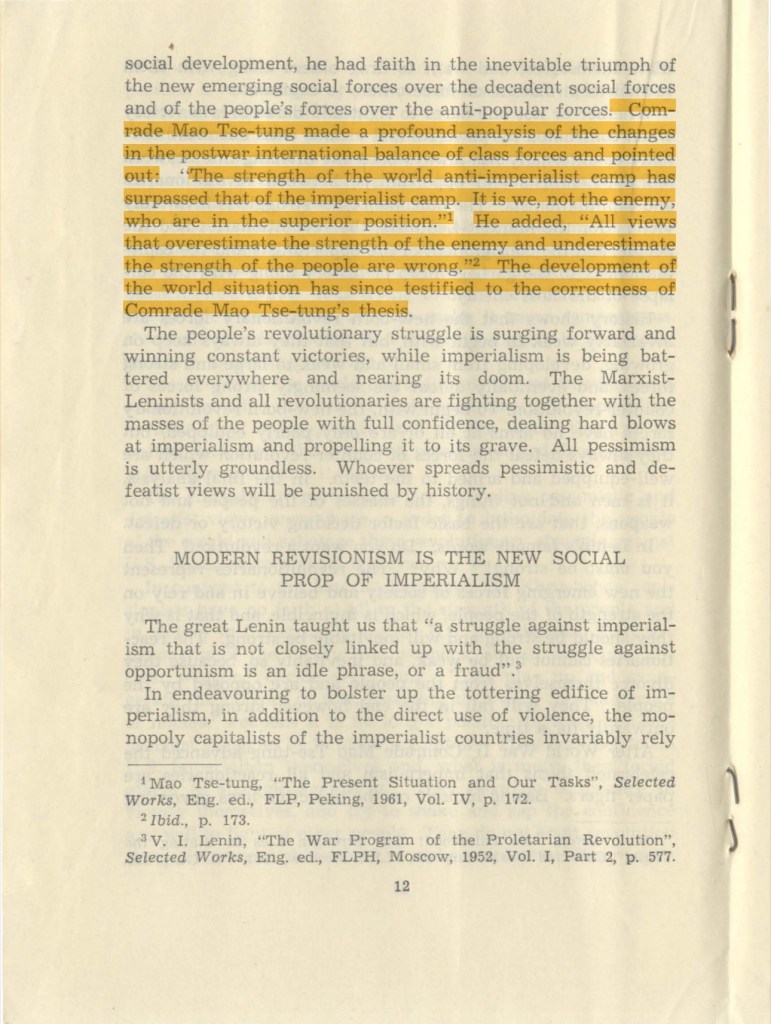
You must be logged in to post a comment.